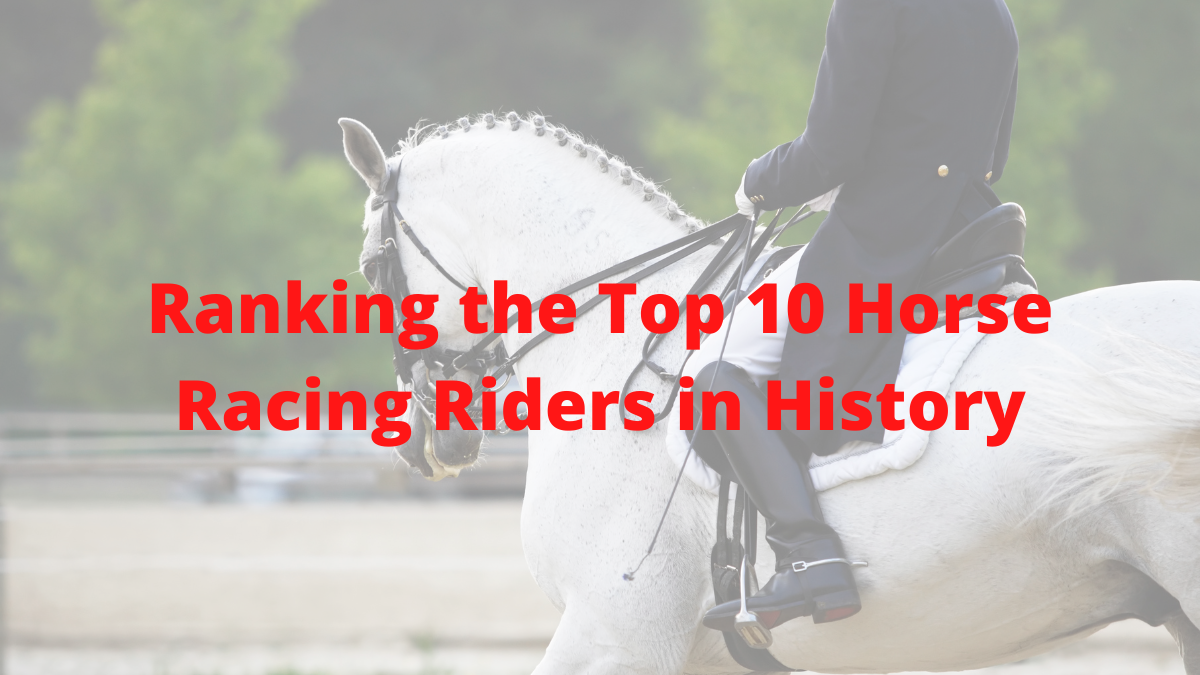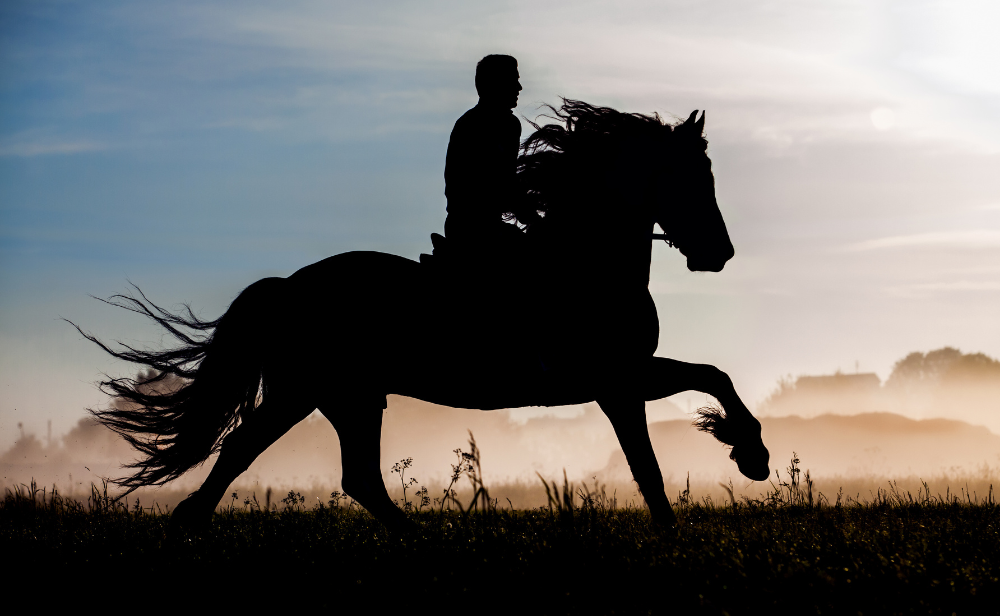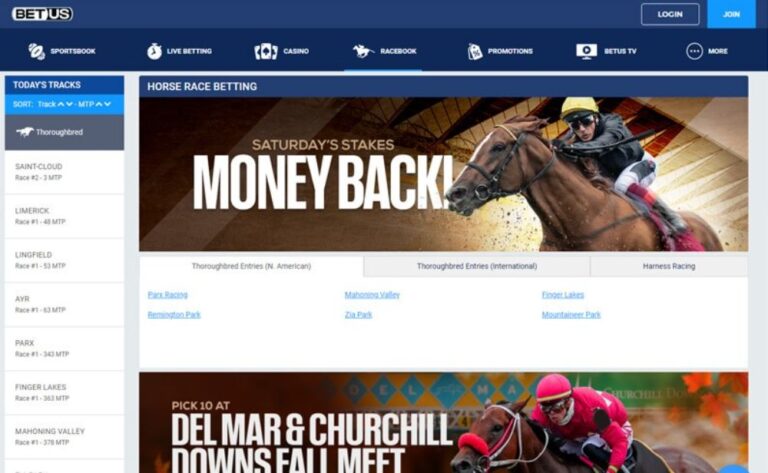Ranking the Top 10 Horse Racing Riders in History


There are many well-known racehorses—man o’ War, Secretariat, Seattle Slew, Seabiscuit, etc. The list continues. They all deserve to be acknowledged and remembered for being such heroes. What about the best jockeys, though? The people on the opposite side of the saddle, what about them?
In every definition of the term, professional jockeys are athletes who put in more time and effort than athletes in other sports. In their thirties, professional athletes in basketball or football may retire. Today’s jockeys compete with images of their grandchildren in their lockers.
This is also not a two-minute task. For the horse, perhaps. But it’s not unusual for jockeys to ride six rides a day, each with a different trainer and owner who has high expectations for the performance.
Your wagers at the top horse racing betting sites will perform better the more you are familiar with horse racing history, including reading about the greatest jockeys ever.
Let’s focus on a handful of the greatest jockeys in history and perhaps even express affection and respect for them.
Shoemaker, Bill
William Lee Shoemaker will be recognized as the longest-reigning US thoroughbred horse racing monarch, whether you know him as Bill, Willie, or even “The Shoe.”
According to the legend, Shoemaker was so little at birth that no one expected him to live, yet he did, in Fabens, Texas, in 1931.
While that may not seem like much today, in 1949, you could spend $3,497 MSRP to purchase a brand-new two-door convertible Cadillac. In 1949, a family’s median annual income was $3,100, and Willie placed that much money in the bank every eight to nine days.
The ups and downs of Shoemaker’s four-decade jockey career were frequently front-page news because he was a legend. He won the Belmont Stakes four times, three Preakness Stakes, and four Kentucky Derbys, yet he miraculously missed winning all of them in the same calendar year.
Mr. Laffit Pincay
Laffit Alejandro Pincay Jr. was the newest member of a racing family when he was born in Panama City, Panama, in 1946. His father was a thoroughbred jockey who competed on tracks in Venezuela and Panama.
The younger Pincay began working as a hotwalker at nearby railroads when he was 15 years old. He was thought to be too huge to ride a horse, but he persuaded the owners of the thoroughbred Helen to give him a shot. As a result, in 1964, while riding Huelen at the Hipodromo Presidente Remon in Panama City, he achieved his first professional victory.
The 19-year-old persuaded horseman Frank Collins to support his relocation to the United States so that he may pursue a career in riding in 1966. Pincay had agreed to ride for Collins for $500 each month.
Pincay won eight of his first eleven races at Arlington International Racecourse, demonstrating how quickly the funding paid off. He was only the second jockey to win six races on the same Hollywood Park card in 1968.
Pincay held the record for the most victories in a single career on the flat track at 9,530 when he retired in 2003.
Lester Piggott
The son of a family that has been active in the horseracing industry for almost 200 years, Lester Keith Piggott was born in 1935 in Wantage, Berkshire, England. His mother was the sister of two Derby-winning jockeys, Mornington and Kempton Cannon, and his father had ridden three horses to victory in the Grand National.
Therefore, it should not have surprised anyone when Piggott, riding The Chase at Haydock Park in Merseyside, North West England, at the age of 12, won his first professional race.
Velazquez, John R.
John R. Valazquez, born in 1971 in Carolina, Puerto Rico, learnt the jockeying trade there while still a teenager and won his first professional race in 1990 while riding Rodas at Hipódromo Camarero (then known as El Nuevo Comandante) at Canóvanas.
He relocated to New York the same year, where he caught the eye of Hall of Fame jockey ngel Cordero Jr. After becoming Velazquez’s buddy and mentor, Cordero extended an invitation to the budding jockey to stay with his family in New York. Later on, Cordero would work as John’s agent.
On March 12, 1990, at Aqueduct, Velazquez and My Brother Jay won in his first New York race. Later that year, he took first place in a race for stakes. He won his first graded stakes race in 1991. His ascent to stardom in thoroughbred racing accelerated after that.
The trade group that manages the working relationships of the country’s thousands of professional jockeys, The Jockeys’ Guild, has Velazquez and Pat Smith as co-chairmen.
Since 2011, he has won three races at the top Kentucky Derby betting sites, making him a frequent target for bettors.
Espinoza, Victor
Victor Espinoza, born in 1972 as the twelfth of twelve children, was raised in Tulancingo, Mexico, on a small dairy farm run by his family. At 17, he operated a bus to help pay for jockey school after following his older brother to Cancun to work as a quarter-horse trainer.
At Mexico City’s Hipódromo de las Américas, he rode a few thoroughbreds before relocating to California in 1990. By 1994, Espinoza was Bay Meadows and Golden Gate Fields’ top-performing apprentice jockey. His jockeying prowess improved gradually but consistently.
He wasn’t a miracle worker or an overnight success. Espinoza was “simply a dedicated kid who was out there every day,” according to Steve Specht, a trainer Espinoza worked with in those early days. But as he continued to improve, more and more people began to recognize his brilliance.
Espinoza concurred with that evaluation in an interview.
And by winning one race at a time, he could win the Preakness and the Kentucky Derby three times each. He won the US Triple Crown and American Pharoah in 2015, the same year he won the Kentucky Derby and the Preakness. He only won the Belmont Stakes once.
Russell Baze
Russell Avery Baze, born in 1958 in Vancouver, British Columbia, carried on his father Joe Baze’s tradition of great jockeys-turned-trainers in the horse racing world.
In Walla Walla, Washington, Russell started his horse racing career in 1974. That autumn at Yakima Meadows, he took first place.
To break it, Russell overtook Laffit Pincay Jr.’s previous mark for most victories in 2006. He won eleven races over two days at Bay Meadows the following year (October 17-18, 2007).
on March 17
Patrick Alan Day was born in Brush, Colorado, in 1953 and was raised with horses. The auto mechanic father of the boy broke and trained horses from nearby ranches. Day, who was incredibly competitive, joined his high school’s wrestling team and, in his junior year, took home the state title in his weight division.
Day obtained a job at Riverside Thoroughbred Farm in California after graduating high school to become a professional jockey. He gave up when he was informed that it might be years before he rode in a race.
He recalled, “I didn’t know what I was attempting to do, and I didn’t have a lot of patience.” He relocated to Las Vegas, Nevada, but initially struggled to find employment there. However, in early 1973, he accepted a position working with horses at Las Vegas Downs.
Soon after, a trainer named Steve Talbot extended an invitation for him to go to Prescott, Arizona, where another trainer named Karl Pew put him in the saddle. On that cloudy July in 1973, Pew put Day on board Foreblunged.
A day later referred to the victory as “an adrenalin rush… addictive
He had gone on approximately 9,000 very addicting winning rides by 2005. He won 12 Breeders Cup competitions, including four Breeders’ Cup Classics and nine Triple Crown races.
Along the way, Day won seven out of eight races, breaking the Churchill Downs record for most victories on a single program. He also established North American history in 1989 at Arlington Park by winning eight of the nine rides.
David A. Gall
David Allen Gall, a Canadian, was born in 1947 in Saskatchewan. At the age of 15, he started riding, and within a few months, he was traveling the Canadian “prairie circuit” of racetracks. Later, he expanded into the United States, depending on tracks in the San Francisco Bay area.
However, his relocation to Collinsville, Illinois’ Fairmont Racetrack, across the river from St. Louis, Missouri, signaled the start of his ascent to prominence.
Or a very similar phrase. Unlike his contemporaries, he wasn’t feted by the media or courted by celebrities.
Gall was “king of the $3,000 claimers, baron of the B-circuit,” according to his sarcastic biography on the Canadian Horseracing Hall of Fame website.
But when he retired, only Bill Shoemaker, Laffit Pincay, Jr., and Pat Day had more victories as jockeys in the annals of thoroughbred flat track racing than he did. However, his career earnings were far lower compared to many of his contemporaries.
With 7396 victories in 41,775 starts, Gall had the fourth-highest winning percentage in American Thoroughbred racing history when he resigned from riding in 1999, according to Equibase.
Perry Ouzts
Perry Ouzts, 67, still mounts victories at Keeneland and Turfway Park at an age when the majority of jockeys have already spent some time spoiling their grandchildren.
Perry Wayne Ouzts, born in Arkansas in 1954, wasn’t the first Ouzts to be successful in the racing industry; he had several relatives who rode professionally, and one of them, Earlie Fires, is in the Hall of Fame.
In the acclaimed 2015 documentary on his life, Ironman Perry Ouzts, Perry responded to a question about how long he planned to stay in the industry by saying, “I’m going to ride this train until they toss me off.”
Edgar Prado
Edgar S. Prado, born in Lima, Peru, in 1967, was raised in the horse racing industry. Many of his brothers were jockeys or trainers, and his father rode for exercise.
Following jockey school, Prado started riding locally at the age of 16 and won his first career race in 1983. Up until the time of his arrival in the US in 1986, he consistently made money in Peru. He began riding on tracks in Florida before moving up to Maryland, where he spent most of his career as a regular at Pimlico and Laurel Park.
Additionally, he has triumphed in five Breeders’ Cup stakes contests, including the 2005 Breeders Cup Sprint on the mount Silver Tree, who would go on to win no less than six graded stakes contests.
Prado held the title of most successful jockey in the US three times (1997, 1998, and 1999), with the year 1997 standing out for being the fourth in the country’s history to win 500 races in a calendar year (535).
A fan of horse racing? Consider placing a wager on it, but first, read our comprehensive instructions.





